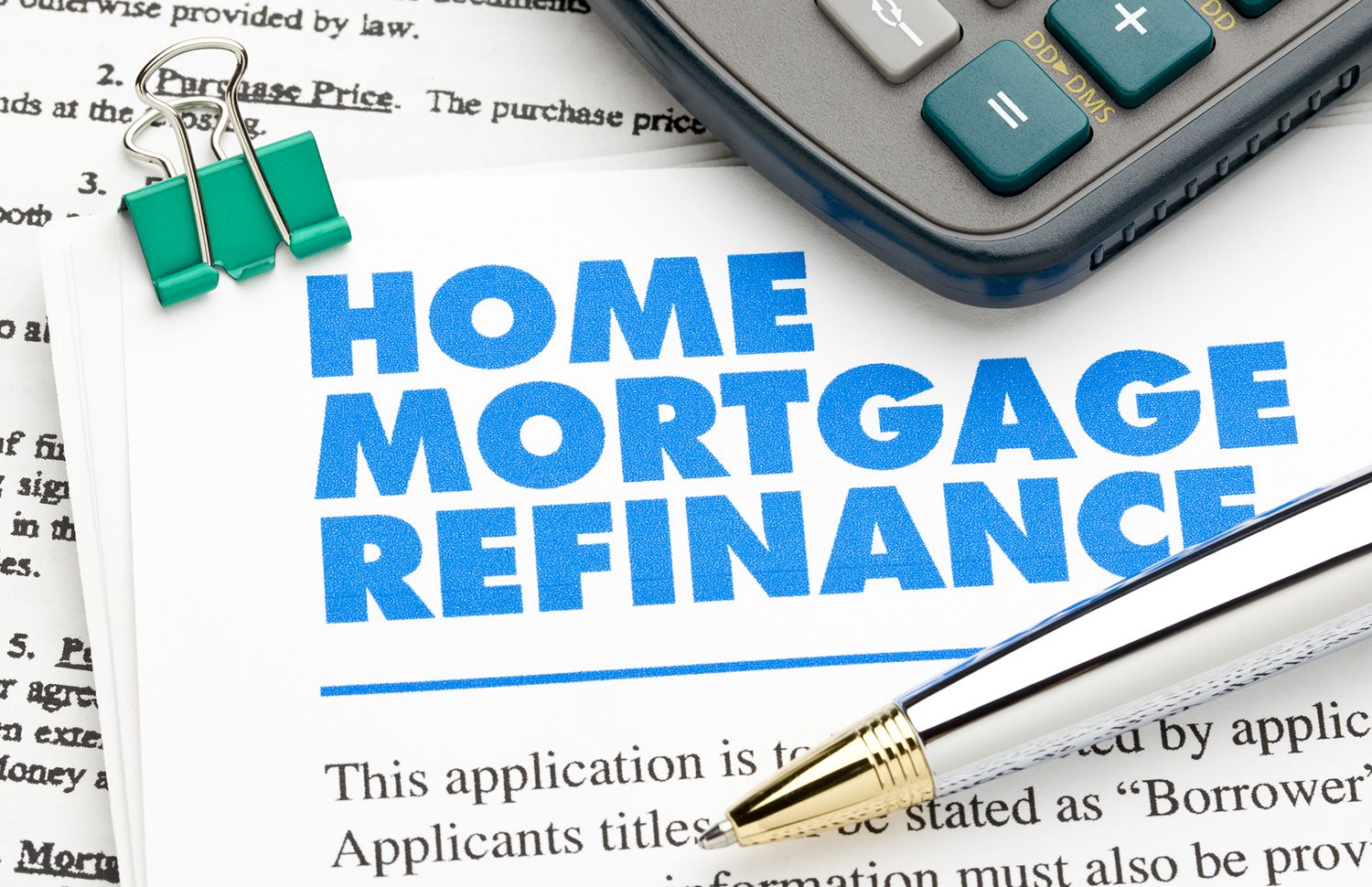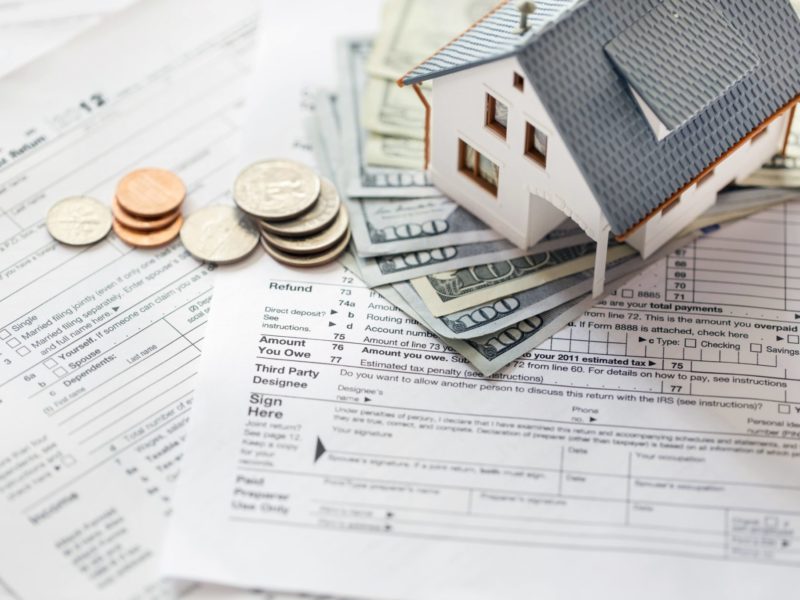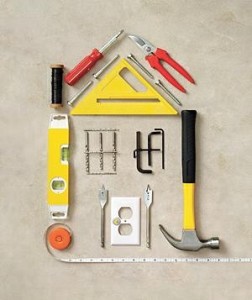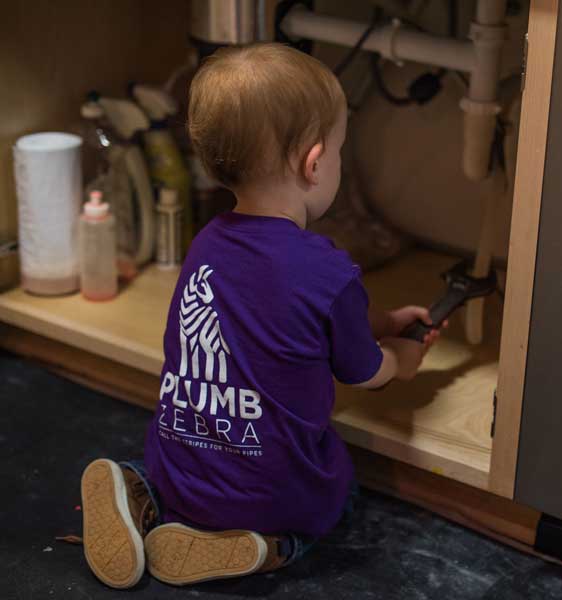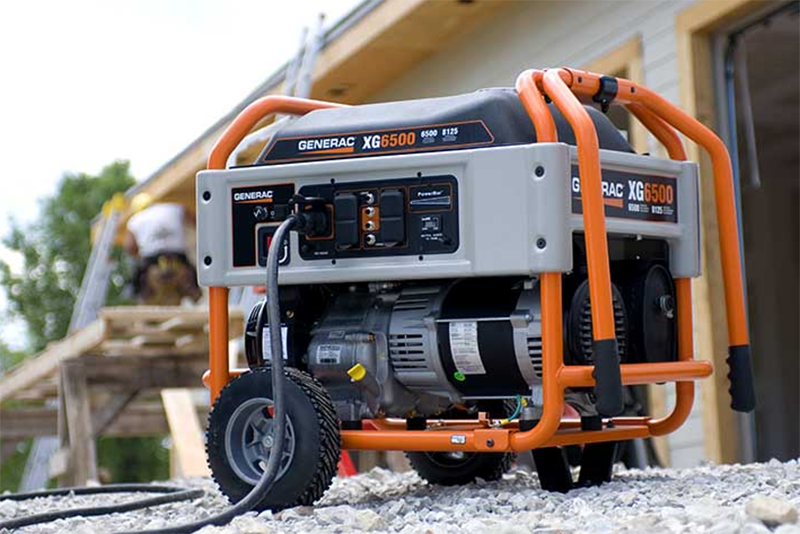Tips That Could Help Sell Your Chester County PA Home Quickly
No matter how much painting you’ve done, how many bags of fresh mulch you’ve put down or how great that new kitchen backsplash looks, there is no guarantee your house will sell quickly. But in some cases, you need to sell fast. When you don’t have time to do a complete overhaul of the home, there are a few things you can do to help that For Sale sign become a Sold sign:

-
- Having your house pre-inspected will save a step during the process and will help you with disclosure issues.
-
- It wouldn’t make sense to price your house a bit below its value during a normal home sale, but if you want to get qualified buyers interested soon, this may be your best bet. Just prepare to lose some extra cash.
-
- Consider selling the house at auction, but again, it will sell for a lower price than during a typical sale. You may even be in an area where your real estate agent is your auctioneer as well, and you can be assured they have your interests at heart!
-
- Offer buyer incentives: offer cash-backs or credits, i.e.., painting, new carpet, new kitchen appliances; if the house is in a managed community, cover one year of HOA fees; pay the closing costs; set a closing date and offer a credit for meeting that deadline.
-
- A major buyer incentive is to go so far as to pay down their mortgage costs with points, as the buyer will have a lower interest rate, saving them money in the end. Investopedia tells us how seller-paid points can benefit the seller as well as the buyer.
Keep in mind that needing to sell your home quickly for personal reasons is different than a short sale. Your reasons may be work-related, or you’ve already found another house, but whatever the reason, you want to do what you can so your house doesn’t sit on the market--you just may have to accept a loss in exchange for a fast sale.
Courtesy of Chester County PA Realtor Scott Darling.
Photo credit: realtor.com


